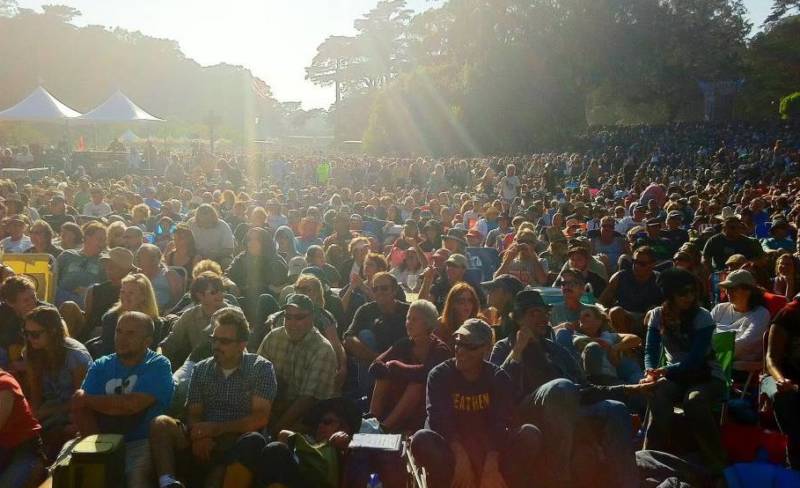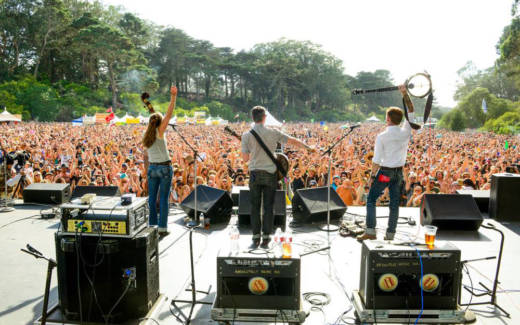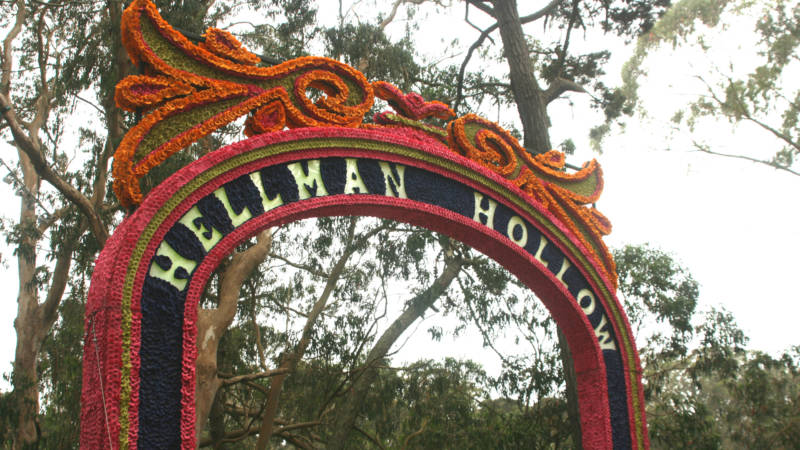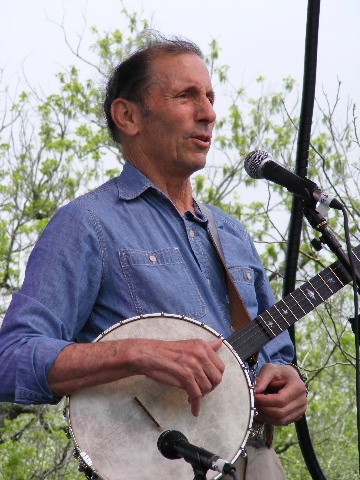Allow me a proclamation: Of all the months, October sees San Francisco at her most San Franciscan. When the rest of the country is transitioning into sweater weather, ODing on pumpkin spice lattes, and pretending to enjoy the nip in the air, San Francisco is (literally) just getting warmed up.

There’s Halloween, of course, which — despite the absence of our beloved Castro street party, RIP — San Francisco still does better than any other city in the world. There’s Litquake, which marries alcohol and literature with a gusto that would have made Kerouac proud. There’s Fleet Week, if you’re into our government spending over a million dollars on a gaudy and wholly unnecessary display of military porn shiny airplanes.
And then there’s the Queen Mother of them all, the October fest that sets the tone for the rest of the season — and the best event, in my humble opinion, of the whole damn year. We might not have traditional season markers in San Francisco; the leaves don’t change color much here. Instead, we have Hardly Strictly Bluegrass.
This year’s fest, which takes place Oct. 6–8, comes less than a week after a mass shooting at a music festival. This is a revolting fear for attendees to have to carry, and the fact that the SFPD has planned to ramp up its presence at Hardly Strictly might seem, to some, like proof that it’s warranted. But I’d also humbly offer this: if there’s any festival built strong enough to squash that fear, it’s Hardly Strictly Bluegrass.

Hardly Strictly has always been good to me. In 2010, the weekend I moved home from New York, one moment I was hungover on an airplane and the next I was stumbling through shrubbery just in time to catch Patti Smith — for free. In 2013, the weekend my household adopted two tiny brother kittens, I went straight from Billy Bragg singing “There Is Power In a Union” to a pair of spazzy, adorable furballs scampering around my apartment. In 2014, the Giants played the longest postseason game in Major League Baseball history, and I had the joy of listening to innings 13 through 15 on KNBR via my friend’s iPhone on full blast as we biked home in the darkness on a weirdly warm night. By the time we got to the Mission, we found ourselves in a cluster of other people on bikes, in formation around us, all listening intently. (Bonus: the Giants won in the 18th.)
Everyone has their own versions of stories like this. And every year, as thousands of people pack picnics and layers (always layers) for Hardly Strictly, I find myself thinking on the semisweet irony of it all: that one of San Francisco’s most staunch capitalists — a billionaire investment banker before he got into venture capital, and one who supported Arnold Schwarzenegger for governor, at that — is the person who gifted the city with something so sweet, anti-capitalist, and lasting. It’s one of the only music events that remotely resembles the free-love-laced vision the Summer of Love participants had in mind when they flocked here 50 years ago.





